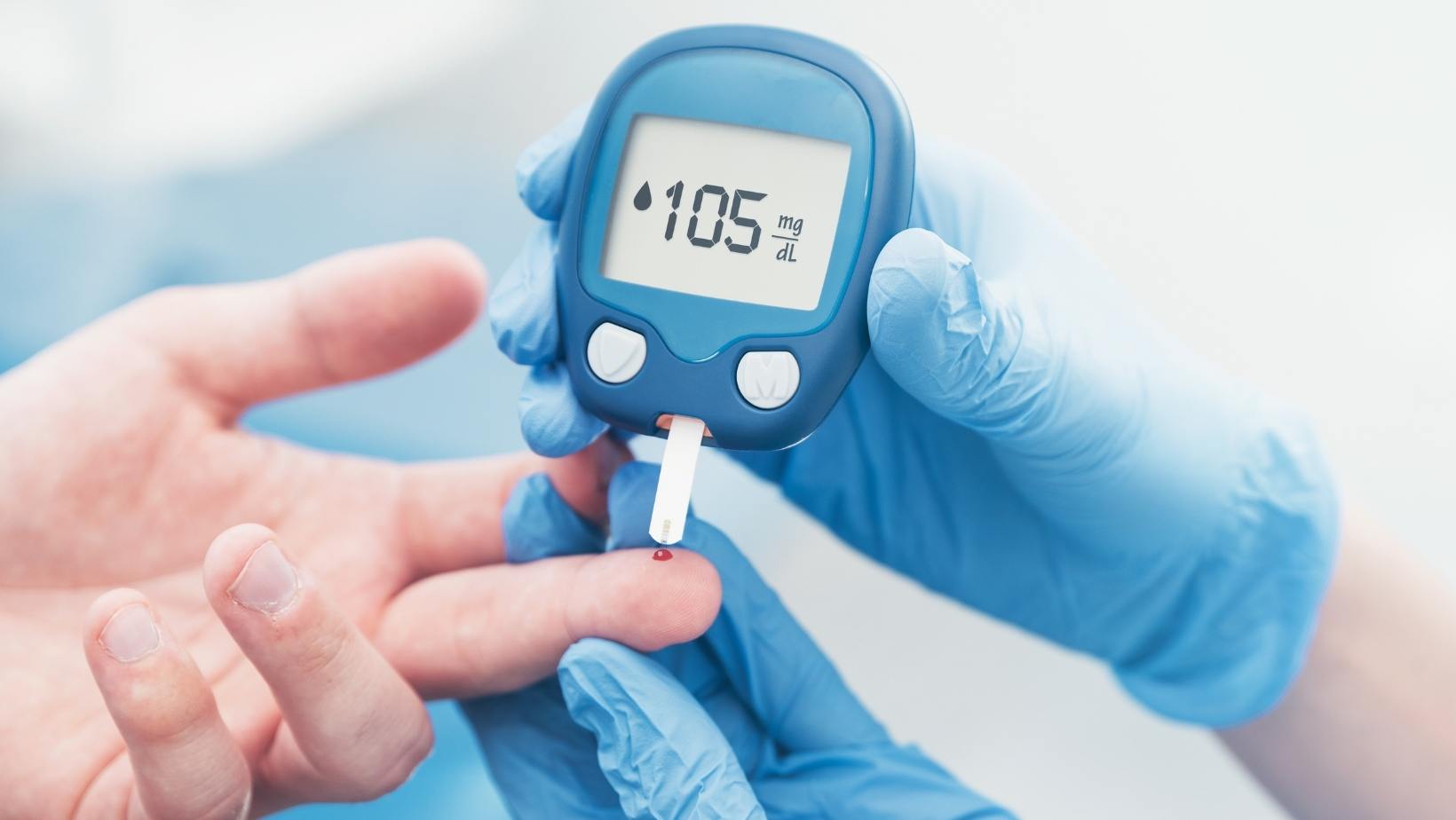
Title: “Apple Cider Vinegar and Diabetes: A Deep Dive into Science, Benefits, and Usage”
Introduction:
Apple cider vinegar (ACV) has transcended its culinary roots, emerging as a potential ally in the fight against diabetes. As global diabetes rates soar, the quest for effective, natural remedies has never been more urgent. This article delves into the intricate relationship between ACV and diabetes, separating fact from fiction.
1. The Origins of Apple Cider Vinegar:
Apple cider vinegar is birthed from the fermentation of apple sugars. This fermentation results in acetic acid, the powerhouse compound in vinegar. Beyond its tangy flavor, acetic acid is believed to harbor a plethora of health benefits, especially concerning blood sugar regulation.
2. The Connection Between ACV and Blood Sugar:
- Enhancing Insulin Sensitivity: Preliminary studies indicate that ACV can boost insulin sensitivity. This is particularly beneficial when consumed before carbohydrate-rich meals, potentially mitigating the dreaded post-meal blood sugar spikes that plague individuals with insulin resistance or type 2 diabetes.
- Gastric Emptying and Blood Sugar: Another intriguing aspect of ACV is its potential to decelerate gastric emptying. By slowing the journey of food from the stomach to the intestines, sugar absorption into the bloodstream is moderated, offering another layer of blood sugar control.
3. Dosage Matters:
The adage “less is more” rings true for ACV. While its benefits are manifold, overconsumption can lead to adverse effects. Research typically advocates for one to two tablespoons of diluted ACV before meals. However, individual needs can vary, underscoring the importance of medical consultation.
4. ACV’s Role in Prediabetes and Type 2 Diabetes:
Prediabetes, a precursor to type 2 diabetes, is marked by marginally elevated blood sugar levels. ACV might bolster insulin sensitivity, potentially halting the progression from prediabetes to full-blown diabetes. It’s paramount to understand that while ACV can be a valuable adjunct, it shouldn’t supplant prescribed diabetes medications.
5. Beyond Liquid: The Evolution of ACV:
The pungent taste of ACV isn’t for everyone. Recognizing this, manufacturers have introduced ACV in varied forms, from tablets to gummies. While these offer a more palatable alternative, it’s crucial to ascertain their acetic acid content to ensure efficacy.
6. Debunking Myths: The Reality of ACV and Blood Sugar:
ACV is not a panacea for diabetes. While it offers potential benefits, expecting instantaneous blood sugar reduction is unrealistic. A holistic approach, encompassing a balanced diet, regular exercise, and consistent ACV consumption, is pivotal for tangible results.
7. ACV and Diabetic Complications:
Beyond blood sugar regulation, there’s burgeoning interest in ACV’s role in managing diabetic complications. For instance, diabetic retinopathy, a condition where high blood sugar damages retinal blood vessels, is a grave concern. Some proponents posit that ACV can alleviate such complications, but robust scientific backing is still in its infancy.
8. Conclusion:
Apple cider vinegar, with its rich history and promising preliminary research, is carving a niche in diabetes management. As we await more extensive studies, it’s clear that ACV, when used judiciously and in conjunction with a holistic health regimen, can be a valuable tool in the diabetic arsenal.
FAQs for the Post:
- What is the primary compound in apple cider vinegar that affects blood sugar levels?
Acetic acid, formed during the fermentation process of apple sugars, is the primary active compound in apple cider vinegar believed to influence blood sugar regulation. - How does apple cider vinegar potentially aid in enhancing insulin sensitivity?
Preliminary studies suggest that consuming apple cider vinegar, especially before carbohydrate-rich meals, can boost insulin sensitivity, which may help in reducing post-meal blood sugar spikes commonly experienced by individuals with insulin resistance or type 2 diabetes. - Is there a recommended dosage for apple cider vinegar consumption for diabetes management?
While individual needs can vary, research typically recommends one to two tablespoons of diluted apple cider vinegar before meals. It’s essential to consult with a healthcare provider to determine the optimal dosage tailored to individual health needs. - Can apple cider vinegar replace prescribed diabetes medications?
While apple cider vinegar shows promise in complementing diabetes management, it should not be used as a replacement for prescribed diabetes medications. It’s crucial to integrate it into a holistic health regimen under the guidance of a healthcare professional. - Are there alternative forms of apple cider vinegar available for those who dislike its taste?
Yes, recognizing the distinct taste of apple cider vinegar, manufacturers have introduced alternative forms such as tablets and gummies. However, it’s vital to ensure these alternatives contain effective concentrations of the active ingredients, primarily acetic acid. - What is the role of apple cider vinegar in managing diabetic complications like diabetic retinopathy?
There’s growing interest in apple cider vinegar’s potential role in managing diabetic complications. Some believe it can alleviate conditions like diabetic retinopathy, where high blood sugar damages retinal blood vessels. However, scientific evidence supporting this claim is still emerging, and more research is needed. - How does apple cider vinegar’s effect on gastric emptying impact blood sugar levels?
Apple cider vinegar may slow down gastric emptying, which means food moves from the stomach to the intestines at a moderated pace. This slower process can help in managing blood sugar levels by reducing the speed of sugar absorption into the bloodstream.
Blog Tags for the Post:
Apple Cider Vinegar, Diabetes Management, Blood Sugar Regulation, Insulin Sensitivity, Natural Remedies, Diabetic Complications, Acetic Acid, Prediabetes, Holistic Health, Dietary Supplements.
Meta Description: “Dive into the world of apple cider vinegar and its potential role in diabetes management. From its origins to its science-backed benefits, discover how ACV might be the natural remedy you’ve been seeking.”









